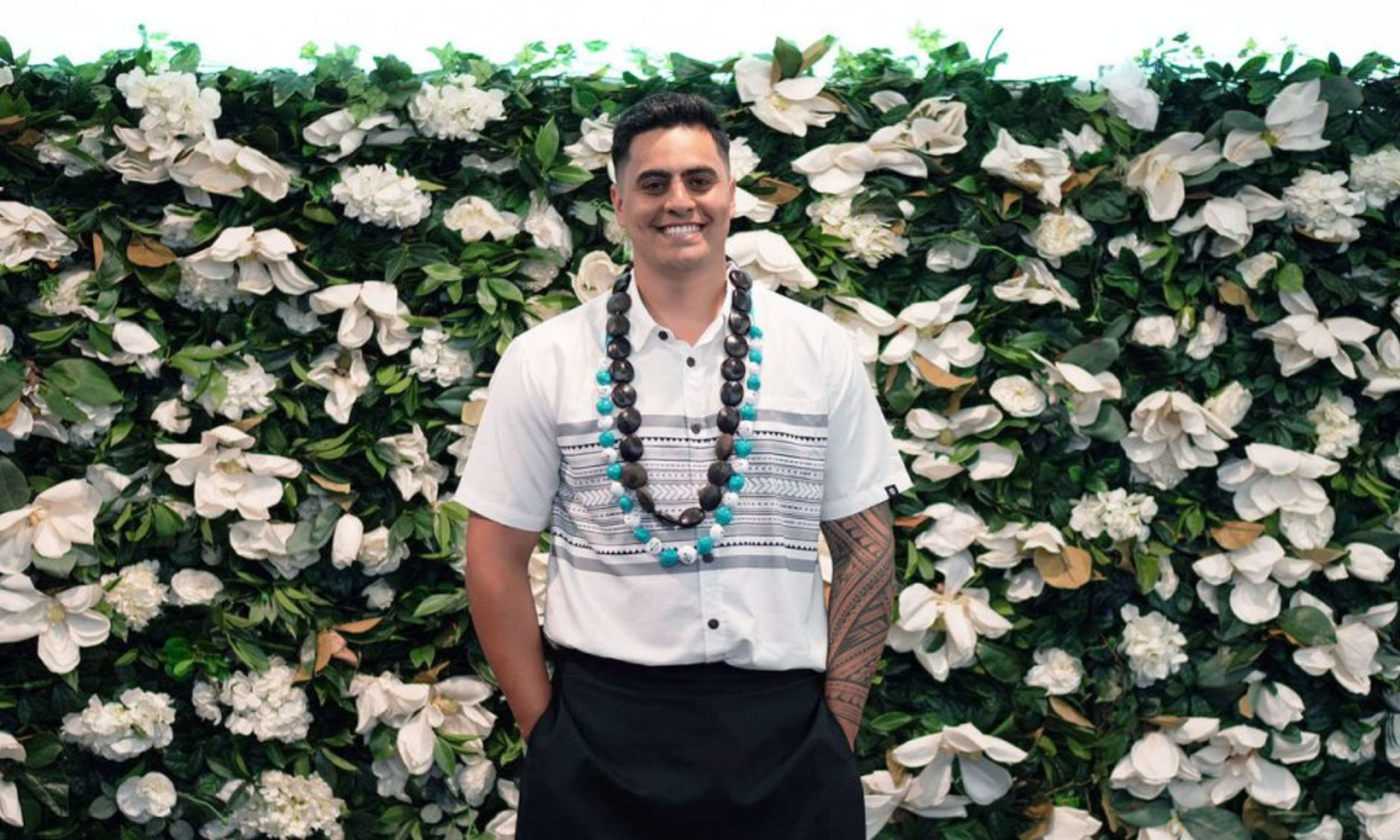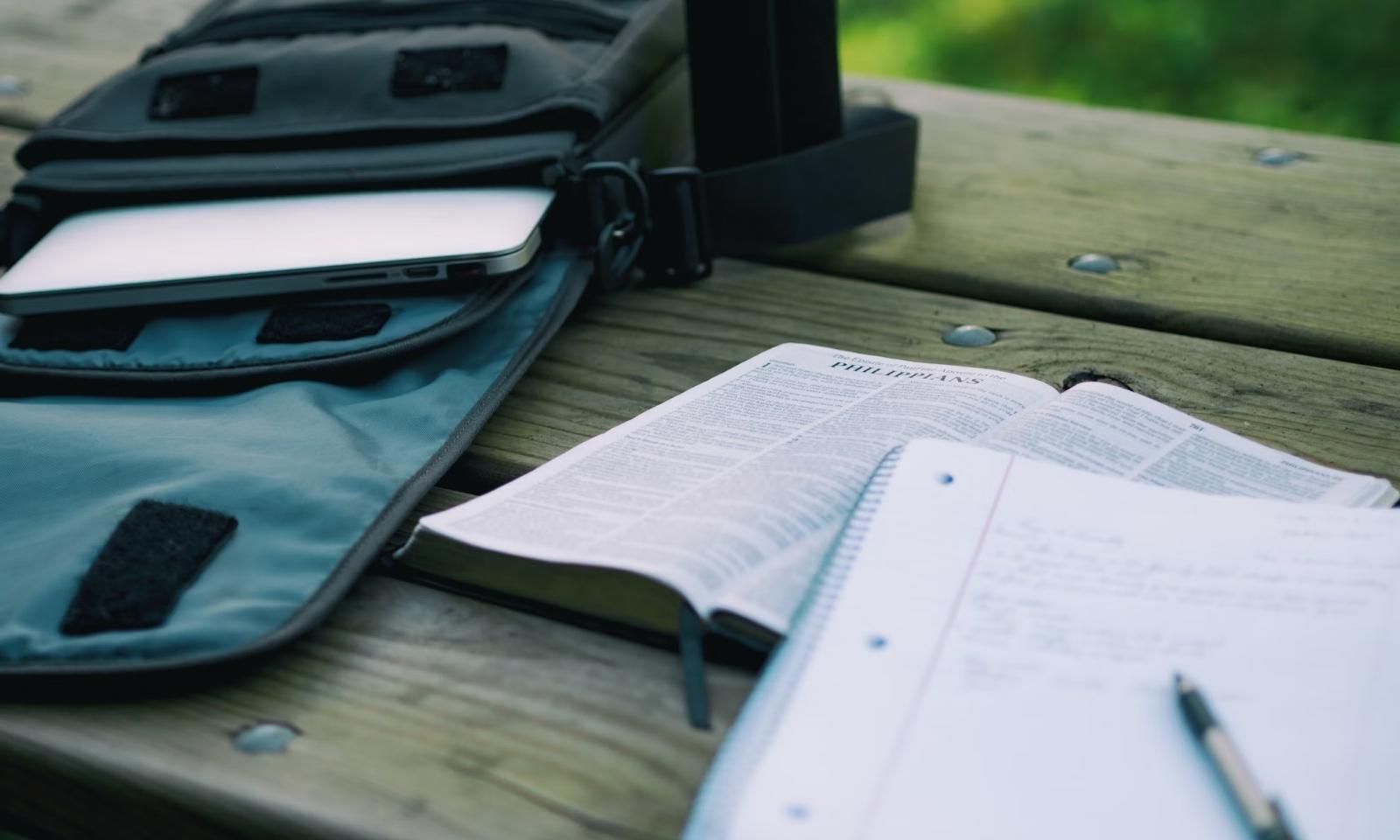

Dr Vaoiva Natapu-Ponton.
Photo /Australian Pasifika Educators Network
Representation gap hurts Sāmoan students in Australia - study
A Sāmoan PhD researcher’s thesis reveals how cultural representation can empower Pasifika in Australian classrooms.



Our generosity is our strength but we must spend wisely this Christmas - expert

Excellence and possibility: Meet the new face of Pacific medicine in Aotearoa

Top 10 Pacific Island songs you need on your summer playlist in 2025


Operation Xmas Drop 2025: US and allies deliver hope to remote Pacific communities

Our generosity is our strength but we must spend wisely this Christmas - expert

Excellence and possibility: Meet the new face of Pacific medicine in Aotearoa

Top 10 Pacific Island songs you need on your summer playlist in 2025
New doctoral research reveals that a lack of cultural representation in Australian classrooms hinders the academic progress of Sāmoan students. Yet, Pacific methods may hold the key to unlocking their potential.
Dr Vaoiva Natapu-Ponton, a Senior Research Fellow and Academic Adviser at Griffith University, centred her year-long doctoral research on the experiences of Sāmoan students in Melbourne and how cultural approaches can facilitate their learning.
According to a 2020 study, Melbourne-based Sāmoan and Pacific students face significant educational challenges, with one in four failing to complete Year 12, a rate more than double that of the general population
Another study also found that Pacific youth are significantly underrepresented in professional fields, with 46 per cent of them likely to leave school early.
Pacific participation in blue-collar jobs in Australia is higher than average. They account for 50 per cent less representation in technical and scientific industries.
Speaking to PMN Samoa, Natapu-Ponton, whose career spans 25 years, says they create a weekly educational space for 11 students and their families to help improve their academic outcomes.
She says her research was inspired after a visit with New Zealand academics made her realise, “We don’t have academics like you in Australia”.
“So my framework was New Zealand and I had to build it around ‘This is what Samoan students are experiencing in Melbourne’,” Natapu-Ponton says.
“They are struggling because they don't see themselves represented in the staff or they find that the methodologies that the teachers are using are not engaging them.”
“What I wanted to bring to the Australian education system and still advocate today is that our young people have different ways of learning and engaging.
“When you use such methods or pedagogy like Pacific methodologies, so the Samoan way of knowing or Pacific ways of knowing, being and understanding, they are able to thrive.”
Watch Dr Vaovai Natapu-Ponton’s full interview below.
Migrant and marginalised: The western education struggle
Another critical factor for improving student outcomes was the active collaboration of families through regular homework groups.
Natapu-Ponton adapted a model inspired by a Sudanese-based model, developed by Sydney University students, and tailored it for Sāmoan learners.
She says Western education systems often fail minority groups or those for whom English is a second language, as “they don’t see themselves represented in the curriculum”.
“So it's really important that when you're doing literacy, that young people are exposed to literature that is written by authors who come from their countries or from their experiences.
“That’s something that we're advocating for here. Ensuring that there are different or a variety of literature that is selected or that the learner has a choice.
“You can either do Shakespeare, or you can read Albert Wendt.”

Dr Vaoiva Natapu-Ponton says representation in the curriculum is vital for Pacific learners. Photo /Unsplash
Student success will ‘benefit Australia’
Natapu-Ponton encourages Australian Pacific students to “keep pushing along”, as their success benefits their communities and the country.
“Look at ancestral paths and who has come before. I look to the role models in New Zealand and the Islands, and they’ve done it.
“We have a lovely Australian Pasifika Educators Network where we're all passionate professionals and educated academics, and we have the same heart.
“We know what worked for New Zealand, and we're just proving that it will work in Australia but it's not just for our communities, we are not the only ones who benefit.
“Non-Pasifika, non-Maori people, they love it as well. It'll benefit Australia.”